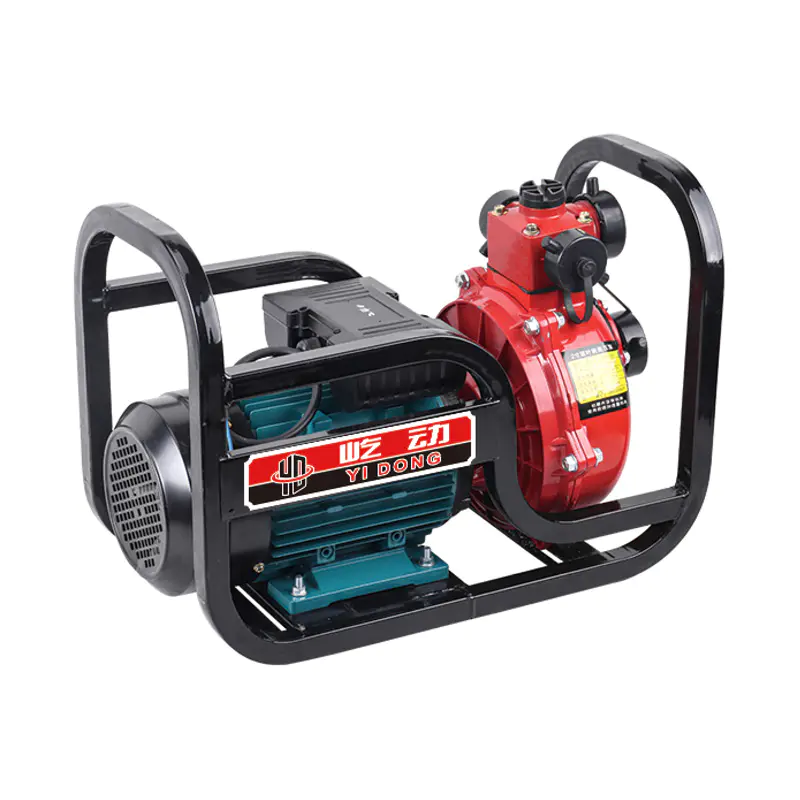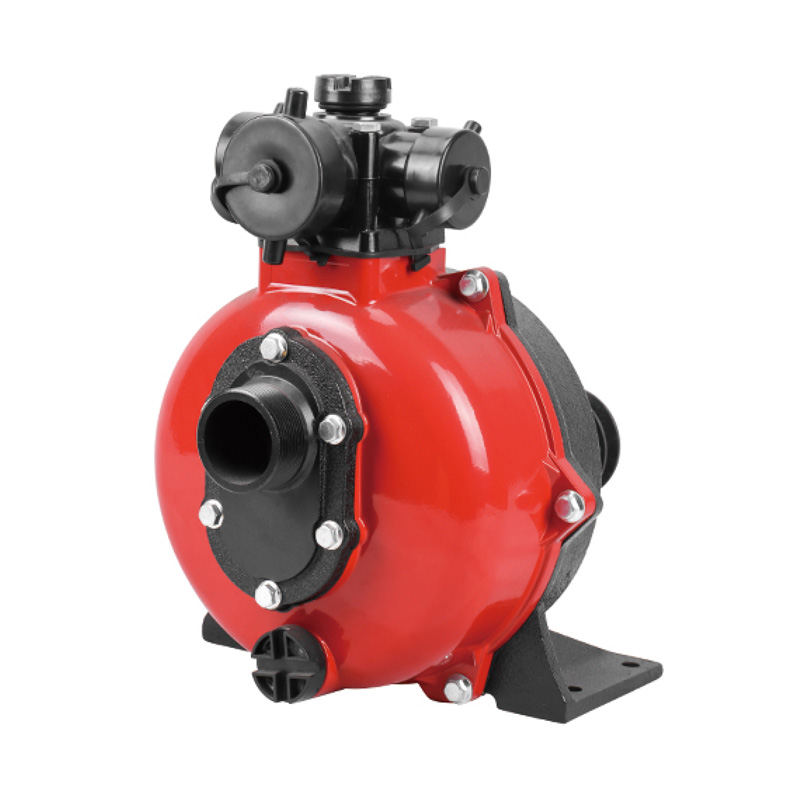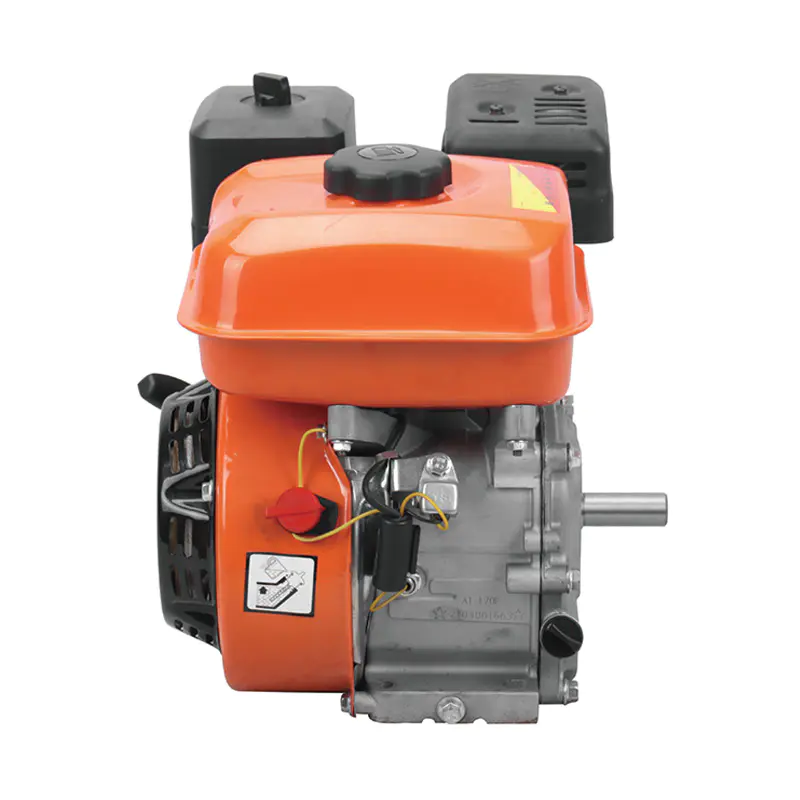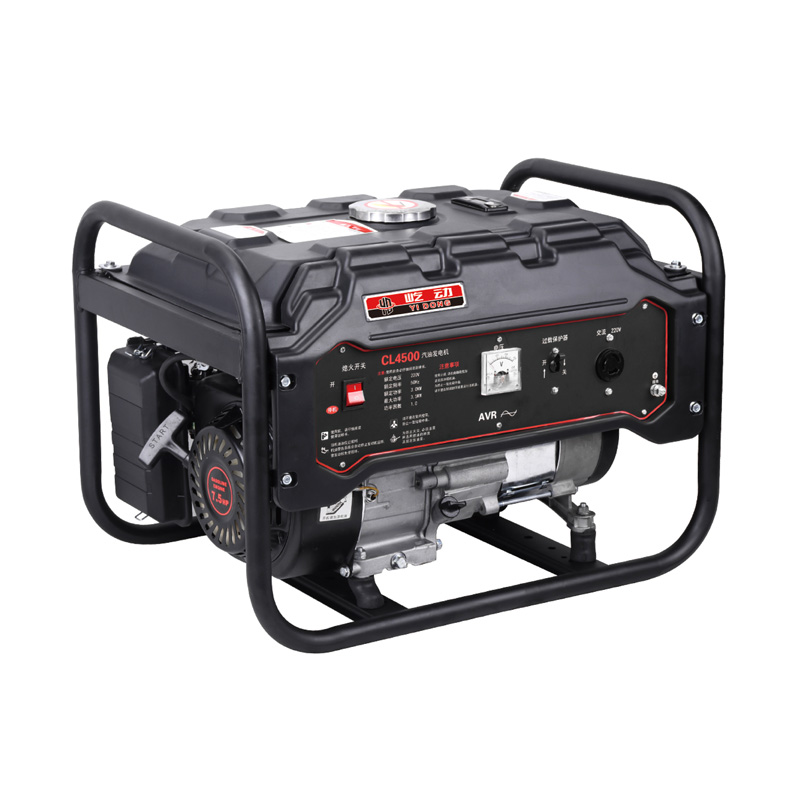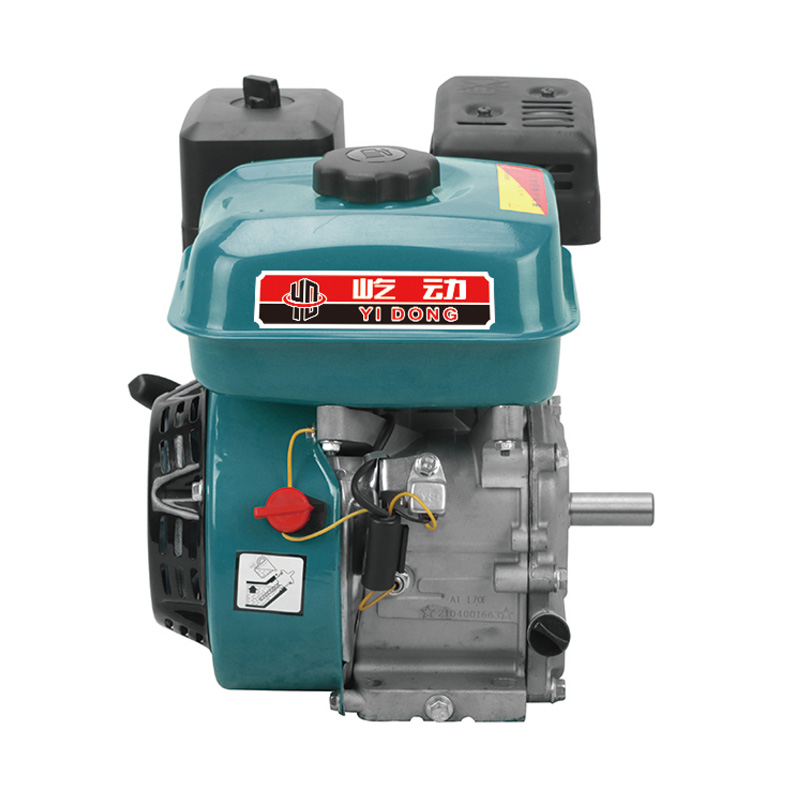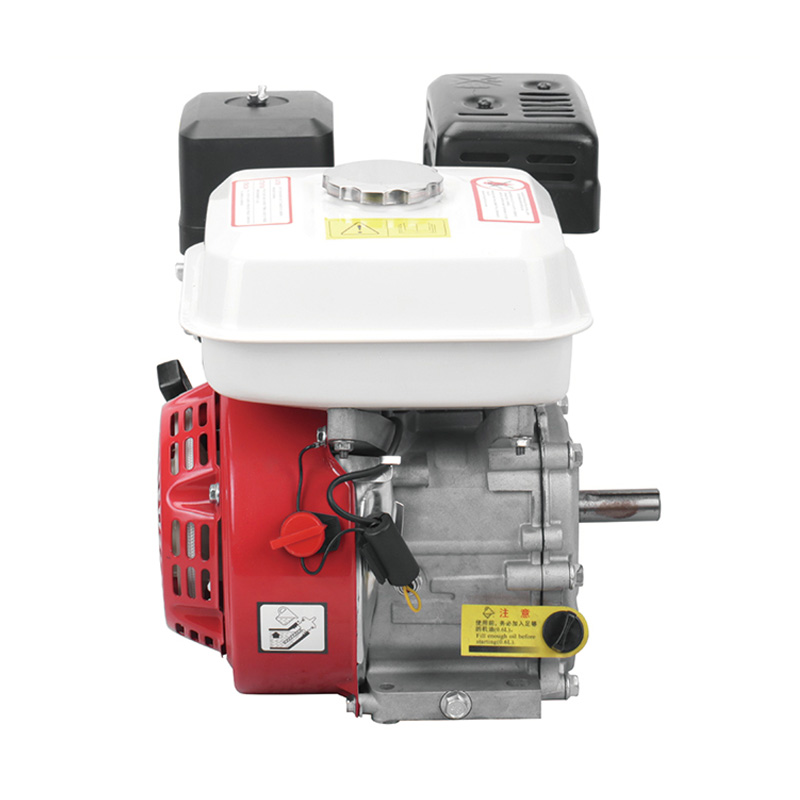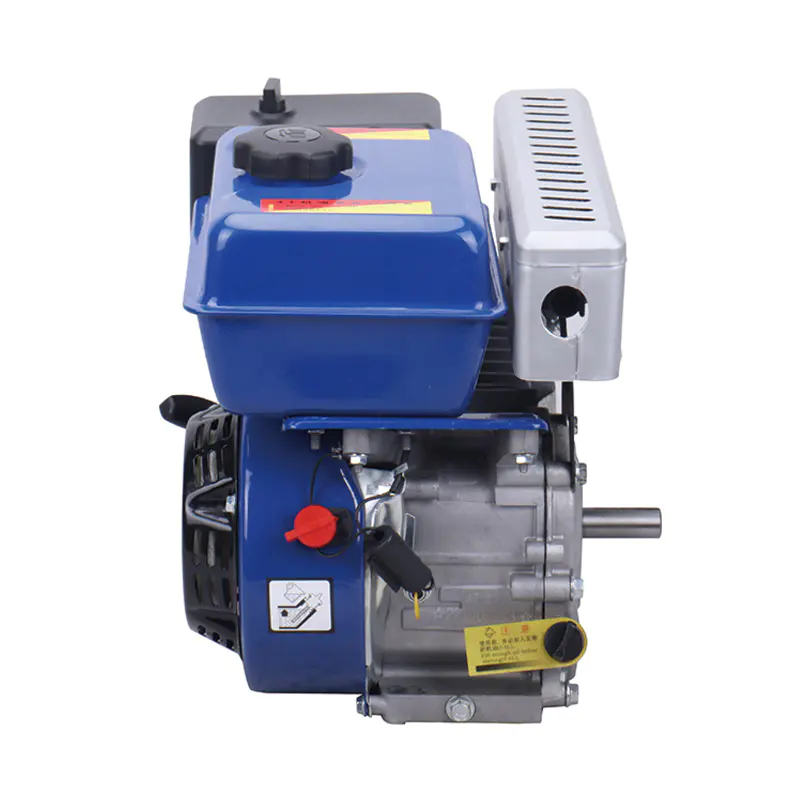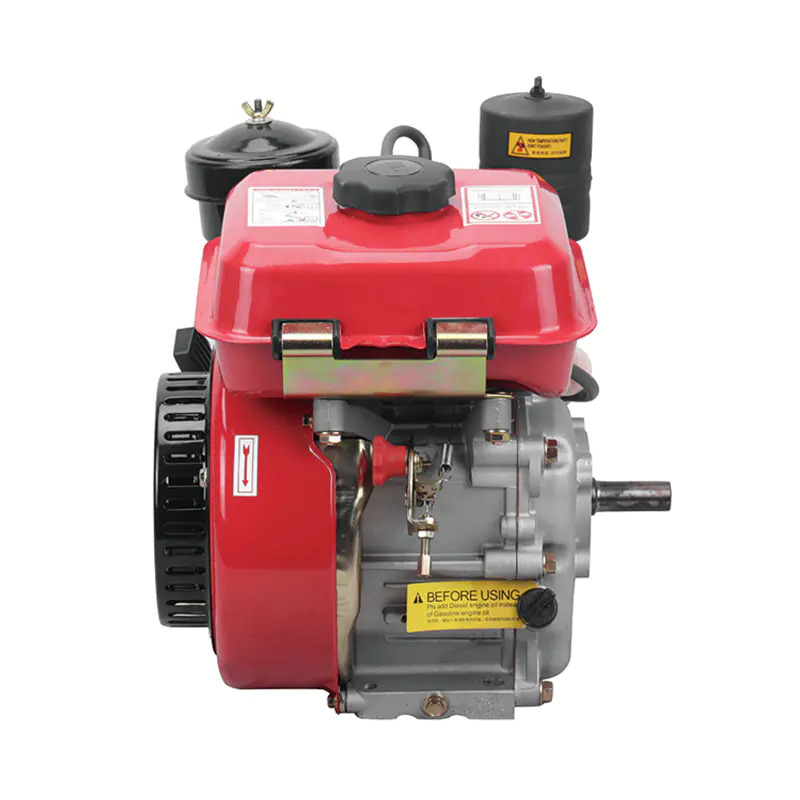In modern agriculture, water management plays a crucial role in ensuring healthy crop growth and consistent yields. With growing emphasis on sustainability and renewable energy, solar-powered motor centrifugal pumps have emerged as an effective solution for irrigation and water transfer. These pumps combine the efficiency of centrifugal pumping with the energy independence offered by solar power. By harnessing sunlight, farmers can operate pumps in remote areas without relying on conventional electricity sources, supporting both economic and environmental sustainability.
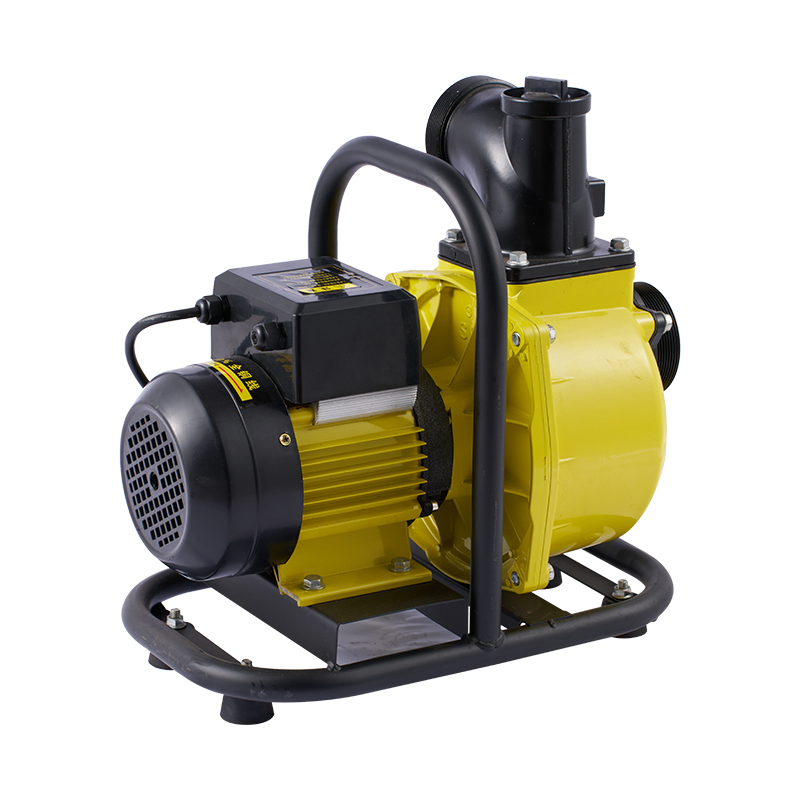
Solar power motor centrifugal pumps are designed to move water efficiently from wells, rivers, or reservoirs to fields and storage tanks. Their operation relies on solar panels connected to an electric motor, which drives the centrifugal impeller. This system provides a reliable water supply, particularly in regions where electricity access is limited or unreliable. Beyond irrigation, these pumps are suitable for livestock watering, garden irrigation, and even small-scale aquaculture operations.
Advantage 1: Energy Independence
One of the significant advantages of solar-powered centrifugal pumps is their ability to operate independently of the electricity grid. This energy independence allows farmers to use renewable solar energy, reducing operational costs and reliance on fuel-based generators or grid electricity. The availability of solar power means that pumps can function in remote or off-grid locations, providing reliable water supply even in areas with limited infrastructure.
Disadvantage 1: Weather Dependence
A consideration with solar-powered systems is their reliance on sunlight. Cloudy or rainy conditions can reduce the energy available for pump operation, potentially affecting water delivery during periods of low solar exposure. To mitigate this, some systems include battery storage or hybrid solutions to maintain consistent operation when sunlight is limited.
Advantage 2: Sustainable and Environmentally Friendly
Solar-powered pumps contribute to sustainable farming by reducing greenhouse gas emissions and lowering the carbon footprint of irrigation operations. By using sunlight as an energy source, farmers can achieve water transfer without consuming fossil fuels, making these pumps environmentally friendly. Additionally, the quiet operation of solar motor centrifugal pumps reduces noise pollution, which is beneficial for both residential and agricultural areas.
Disadvantage 2: Initial Investment
While solar-powered centrifugal pumps offer long-term savings and sustainability benefits, the initial installation cost can be higher than conventional electric or diesel pumps. Solar panels, controllers, and specialized motorized pumps require upfront investment. However, the reduction in ongoing energy expenses and minimal maintenance requirements often offset these initial costs over time, providing financial and environmental benefits in the long term.
Additional Considerations
- When selecting a solar power motor centrifugal pump for agriculture, it is important to consider several factors:
- Pump Capacity: Matching the pump flow rate and head to irrigation requirements ensures efficient water delivery and energy use.
- Solar Panel Sizing: Adequate solar panel capacity is essential to provide sufficient power for the pump, particularly during peak irrigation periods.
- Water Source: The quality and depth of the water source affect pump performance, and some models are better suited for clean water while others handle minor solids.
- Maintenance: Regular inspection of solar panels, electrical connections, and pump components ensures consistent operation and prolongs system lifespan.
By carefully evaluating these factors, farmers can maximize the benefits of solar-powered centrifugal pumps while potential operational limitations.



 English
English русский
русский Français
Français Español
Español عربى
عربى